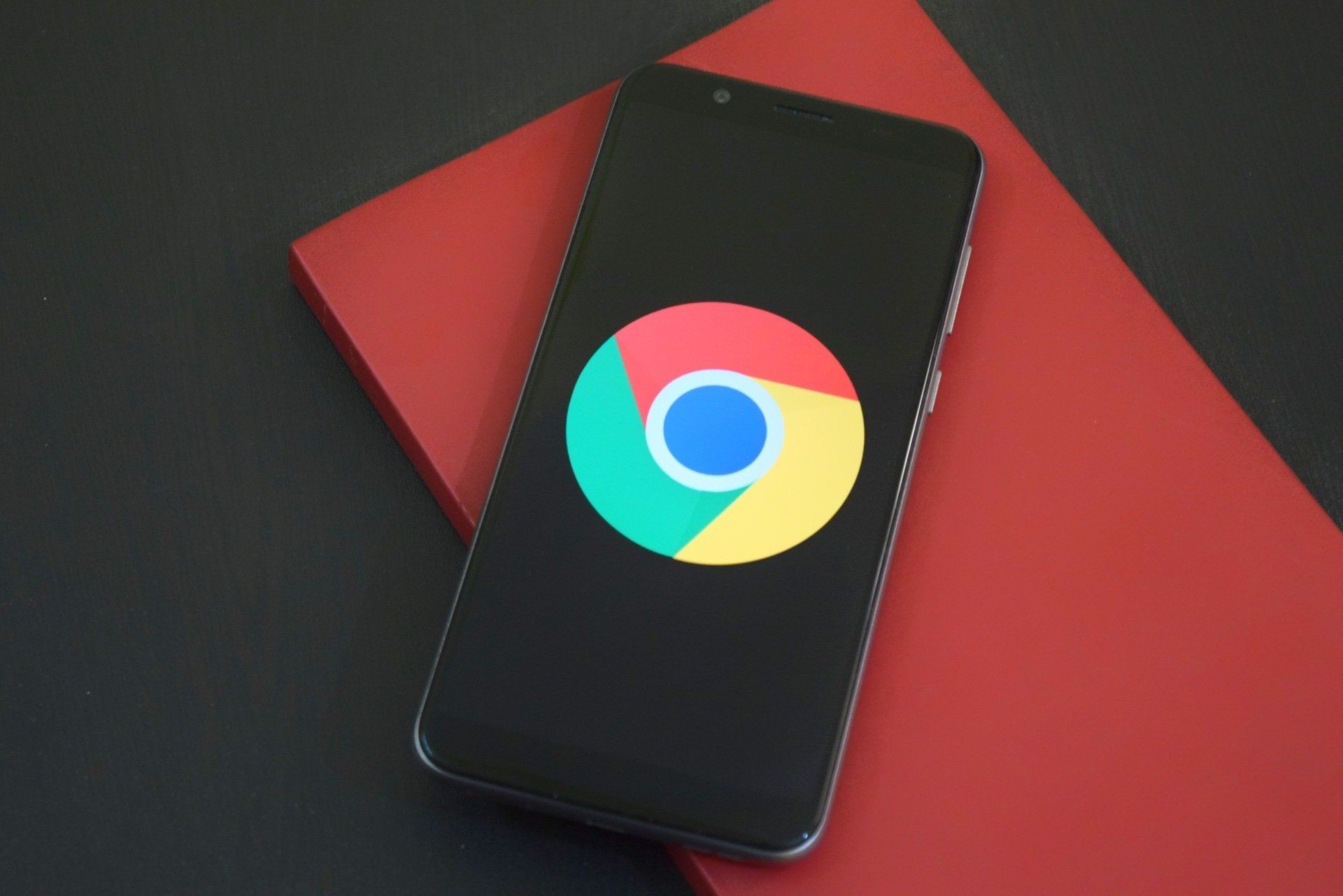The Future of Advertising: How Facebook Ads Are Helping Businesses Scale in 2025
Automation is transforming the digital marketing landscape, streamlining processes and enhancing efficiency in an increasingly data-driven world. Within this realm of innovation, Google Ads' Smart Bidding has emerged as a game-changing solution for businesses of all sizes, harnessing the power of machine learning to optimise your bidding strategies and achieve a higher return on investment (ROI).
Our comprehensive guide to Google Ads Smart Bidding will take you on an in-depth exploration of these automated bidding solutions, shedding light on the best strategies to suit your digital marketing campaign based on your unique business goals, performance metrics, and competitive landscape. As you delve into the world of Smart Bidding, prepare to unlock insights and techniques that will elevate your advertising performance, save you valuable time, and drive meaningful results for your business.
Whether you're a newcomer to Google Ads or a seasoned advertiser seeking to optimise your current campaign, our ultimate guide is the trusted resource you'll need to embrace and succeed with Smart Bidding. Equip yourself with expert insights and actionable strategies to make informed decisions, create impactful campaigns, and soar to new heights in the ever-evolving world of digital marketing.
1. Understanding Google Ads Smart Bidding
Smart Bidding is a subset of automated bid strategies within Google Ads that leverages machine learning to optimise your bids for conversions or conversion value in real-time. By analysing a vast array of data points, including device type, browser, user behaviour, and time of day, Smart Bidding predicts the likelihood of a user converting from an ad click, adjusting bids accordingly to maximise results. With various Smart Bidding strategies available, you can tailor your approach to align with your campaign goals and objectives.
2. Different Types of Smart Bidding Strategies
To make the most of Google Ads Smart Bidding, it's crucial to understand the range of strategies available and how they can support your unique advertising goals:
- Maximise conversions: This strategy aims to increase the overall number of conversions within a specified daily budget. It suits businesses looking to gain more leads, sales, or subscriptions without focusing on cost per conversion.
- Target CPA (Cost per Acquisition): Target CPA optimises your bids for conversions, maintaining a specific average cost per conversion as chosen by you. This strategy is ideal for businesses wanting to balance their ad spending with conversion results.
- Target ROAS (Return on Ad Spend): This strategy adjusts bids to achieve a specific return on ad spend, focusing on conversion value. Target ROAS is best for businesses with well-defined conversion values and profitability goals.
- Maximise conversion value: Similar to Maximize conversions, this strategy seeks to increase conversion value within a specified daily budget. It's perfect for advertisers looking to boost ad-generated revenue without emphasising cost efficiency.
3. Setting Up Smart Bidding in Google Ads
To begin using Smart Bidding, follow these step-by-step instructions:
- Sign in to your Google Ads account.
- Click on the 'Campaigns' tab in the main menu.
- Select the campaign for which you'd like to apply Smart Bidding.
- Click on the 'Settings' tab, then choose the 'Bidding' sub-section.
- In the 'Bid strategy' dropdown menu, select one of the available Smart Bidding strategies.
- Based on the chosen strategy, configure your target CPA, ROAS, or daily budget as prompted.
- Click 'Save' to apply the Smart Bidding strategy to your campaign.
4. Key Factors to Consider When Implementing Smart Bidding
While Smart Bidding can be highly effective in driving results, consider these crucial factors before diving in:
- Conversion tracking: Set up accurate conversion tracking to provide Google Ads with the data it needs to optimise your bids effectively. Ensure that you track essential actions such as sales, sign-ups, or contact form submissions.
- Data requirements: Smart Bidding strategies perform best with sufficient historical conversion data to learn from and refine their predictions. Although the requirements vary, Google suggests a minimum of 30 conversions in the past 30 days for Target CPA and 50 conversions for Target ROAS.
- Sufficient budget: Ensure your campaign budget isn't too restrictive, as this may limit the performance of Smart Bidding strategies. Allocate sufficient funds to allow for bid optimisation and overall campaign success.
- Learning period: Smart Bidding strategies will undergo an initial learning period, typically lasting around 7 days, while the algorithm adapts to your data and goals. During this time, it's essential to avoid making significant changes to your campaign to allow the system to stabilise and derive accurate insights.
5. Monitoring and Evaluating Your Smart Bidding Performance
While Smart Bidding automates much of the bidding process, it's crucial to continuously monitor and evaluate your campaign performance, ensuring it aligns with your business objectives. Key metrics to consider include:
- Conversion rate: Track the percentage of users who take the desired action after clicking your ad, identifying whether the Smart Bidding strategy drives valuable results.
- Cost per conversion (CPA): Monitor the cost of acquiring a conversion and compare it to your pre-determined targets, ensuring your ad spend remains efficient and profitable.
- Return on Ad Spend (ROAS): If you have established conversion values, measuring ROAS allows you to assess the direct value generated by your advertising efforts relative to your ad spend.
By keeping a close eye on these metrics and making necessary adjustments, you can ensure your Google Ads campaigns continue to deliver impactful results and support your broader business objectives. Smart Bidding strategies can greatly contribute to your digital marketing success by driving valuable leads, improving cost-efficiency, and facilitating effective campaign optimisation.
Boost Your Digital Marketing Success with Expert Google Ads Management
Embracing Google Ads Smart Bidding strategies can open the door to digital marketing success for businesses of all sizes. By optimising your bids, enhancing cost-efficiency, and maximising conversions, Smart Bidding empowers you with the tools and insights necessary to achieve your unique advertising goals.
Coupling this advanced machine learning technology with expert guidance and management can further elevate your campaign performance and truly unleash your online advertising potential. At Elk Media Group, our dedicated team of digital marketing specialists understands the nuances of Google Ads management, including the intricacies of Smart Bidding implementation, monitoring, and evaluation.
We take a data-driven approach to create optimised, tailored campaigns that drive meaningful results and align with your business objectives. From selecting the ideal Smart Bidding strategy to setting up accurate conversion tracking, our team ensures your Google Ads campaigns are consistently delivering maximum impact.
Are you ready to unlock the full potential of your digital marketing efforts with Google Ads Smart Bidding? Let our
Google Ads management agency in Brisbane elevate your advertising performance to new heights. Get in touch with us today to discover how we can develop, optimise, and manage your Google Ads campaigns, ensuring you stay ahead in the competitive digital landscape.










